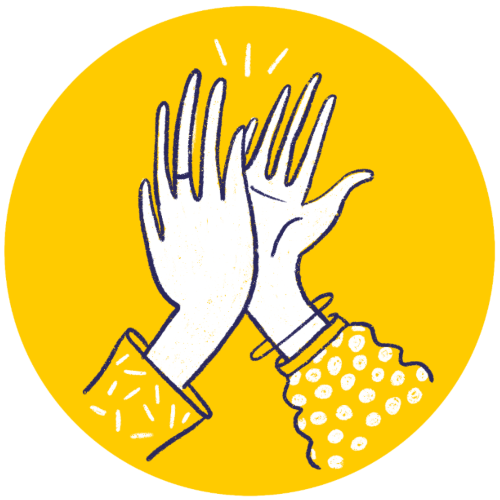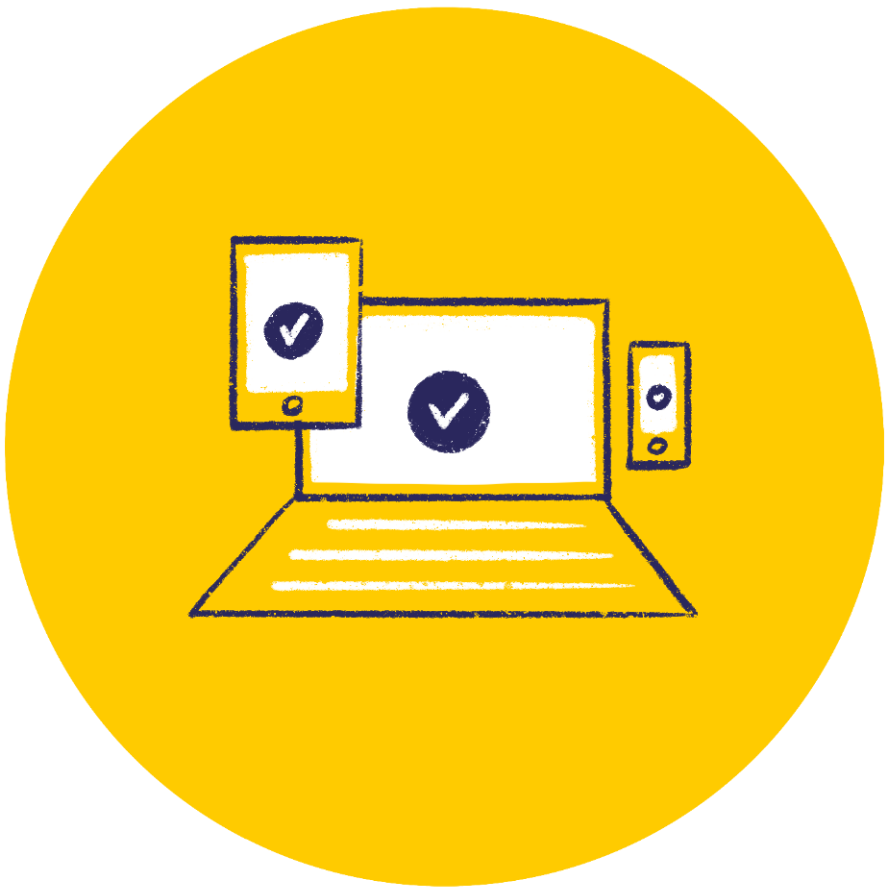Youth empowerment means community growth


Europe Goes Local is a European cooperation project to develop and strengthen local youth work.
The 3rd European Youth Work Convention (December 2020) gathered the European youth work community of practice, and identified actions, measures and future steps to support the implementation of the Youth Work Agenda through the Bonn process. Europe Goes Local’s mission is to strengthen the youth work community of practice at the local level, in line with the European Youth Work Agenda and from the perspective of municipalities and of local youth work actors.
The project is financed with the contributions of participating National Agencies, in the framework of the Erasmus+ (Training and Cooperation Activities) and/or the European Solidarity Corps (Networking Activities) programmes. The project is governed by the Steering Group – in charge of the main aims of the project – and the Advisory Board – a forum for planning of European and national activities. The project is running for the period of 2021 – 2027, with a mid-term evaluation in 2024. Read about our mission and vision here.

The Europe Goes Local platform brings partners together who are involved in advocating, supporting, developing and implementing local youth work, both governmental as well as non-governmental structures or organisations. The platform aims to create dialogue and cooperation, providing concrete activities, learning & networking opportunities, tools and sources of knowledge. It’s geographical scope are the programme and neighbouring/partner countries of the Erasmus+: Youth and the European Solidarity Corps programmes, European and national networks, umbrella organisations, the SALTO Resource Centers, other large-scale initiatives and strategic cooperation projects.
All partners are invited to contribute actively to the activities of the platform via sharing knowledge, creating tools, networking, advocacy and dissemination of the project outcomes. The platform’s foundational tools for quality development of local youth work are the European Charter on Local Youth Work and the Changemakers Kit.
The aim of the charter is to contribute to the further development of local youth work. It does this by stating which principles should guide it and how different aspects of it should be designed in order to meet these principles. To find out more about the Charter or download a PDF version in your language, go to the Charter page.
